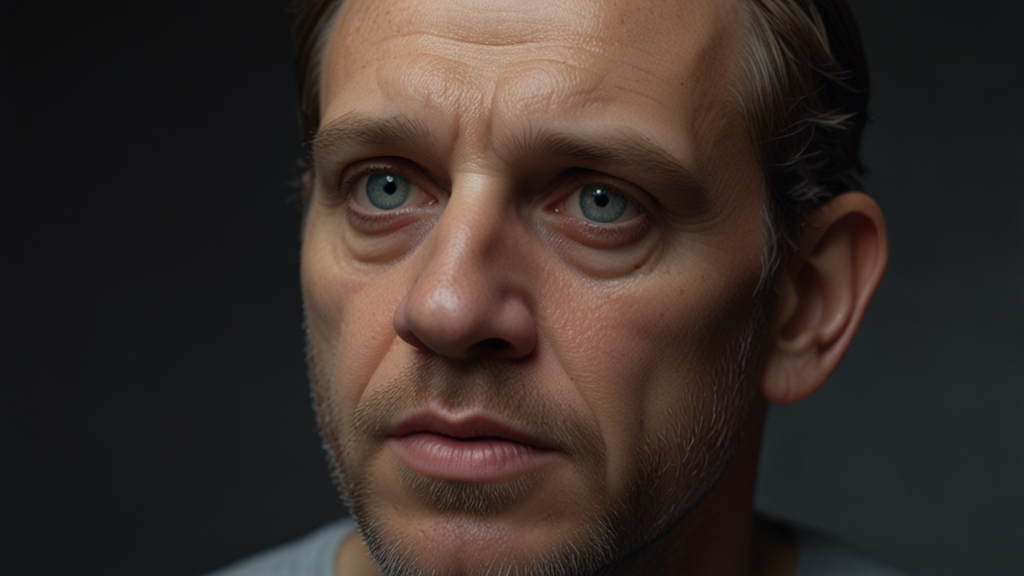Philosophical Insights: Can We Define What It Means to Be Human?
The question of what it means to be human has intrigued philosophers, scientists, and thinkers for millennia. This quest to understand our essence touches upon various aspects – biological, existential, psychological, and ethical dimensions. Delving into these elements uncovers rich insights that help unravel the complex tapestry of the human experience.
The Biological Perspective
From a biological standpoint, humans belong to the species Homo sapiens, characterized by certain physiological traits, genetic structures, and evolutionary history. The advent of modern science has deepened our understanding of human biology, shedding light on our genetic linkages, cognitive functions, and physical attributes. However, biology alone doesn't encompass the entire human experience. Human beings are not just biological entities but conscious beings capable of introspection and complex thought.
Existential and Phenomenological Approaches
The existential perspective focuses on the subjective experience of being human. Philosophers like Jean-Paul Sartre and Martin Heidegger explored the concept of "being" and the fundamental conditions of human existence. Sartre posited that existence precedes essence, suggesting that humans first exist and then define their purpose through actions and choices.
"Man is nothing else but that which he makes of himself. That is the first principle of existentialism. It is also what is called subjectivity, the name we are labeled for want of better." - Jean-Paul Sartre
In this light, to be human is to navigate the freedom and burden of crafting one's essence amid a reality that can be both liberating and isolating.
Psychological Dimensions
Human psychology adds another layer to this inquiry. The multitudes of our cognitive, emotional, and social processes paint a diverse picture of human nature. From Freud's exploration of the unconscious mind to Carl Rogers' theories on self-actualization, psychology reveals the intricate workings of the human psyche. This domain underscores our capacity for empathy, creativity, and moral reasoning.
"The curious paradox is that when I accept myself just as I am, then I can change." - Carl Rogers
It is this capacity for self-awareness and growth that underscores a significant part of what it means to be human.
Ethical Considerations
Philosophy also brings ethical considerations to the fore. How we treat others and our sense of justice, compassion, and responsibility are integral to our humanity. Philosophers like Immanuel Kant have argued that our ability to act according to moral laws we set for ourselves defines human rationality and dignity.
"Act only according to that maxim whereby you can, at the same time, will that it should become a universal law." - Immanuel Kant
Such ethical reflections invite us to ponder the values and principles that shape our interactions and societal structures.
Conclusion
To define what it means to be human is to engage in a multifaceted exploration that spans biological facts, existential musings, psychological insights, and ethical imperatives. It is a narrative rich with complexity and diversity, reflective of the varied and profound dimensions that constitute the human experience. The various perspectives together suggest that being human is an ongoing process of becoming, shaped by both innate characteristics and the choices we make.








